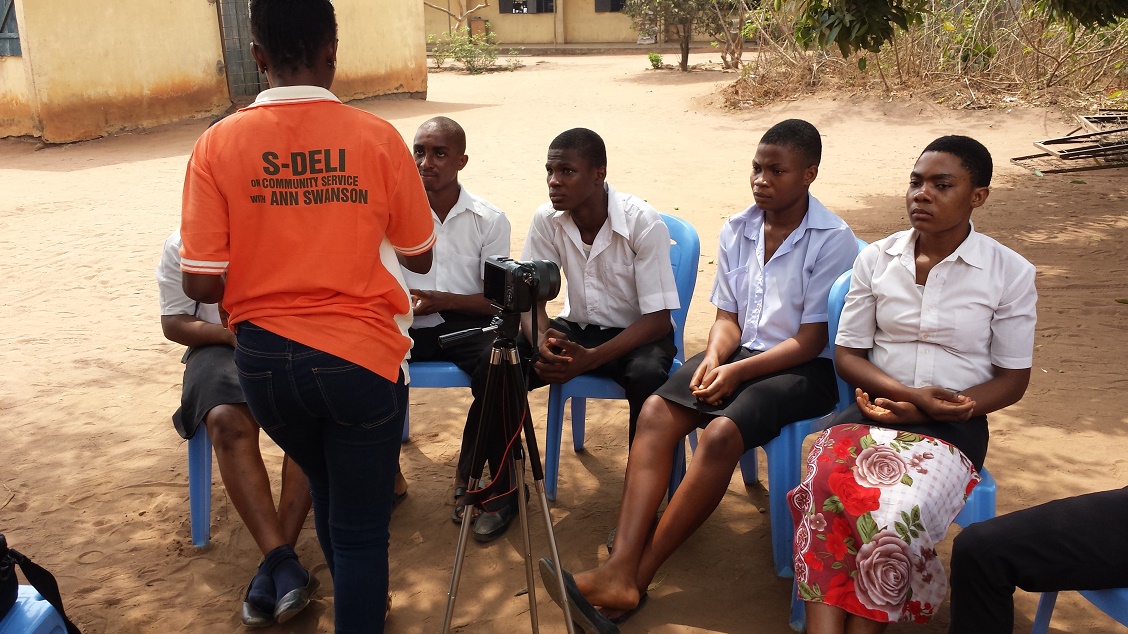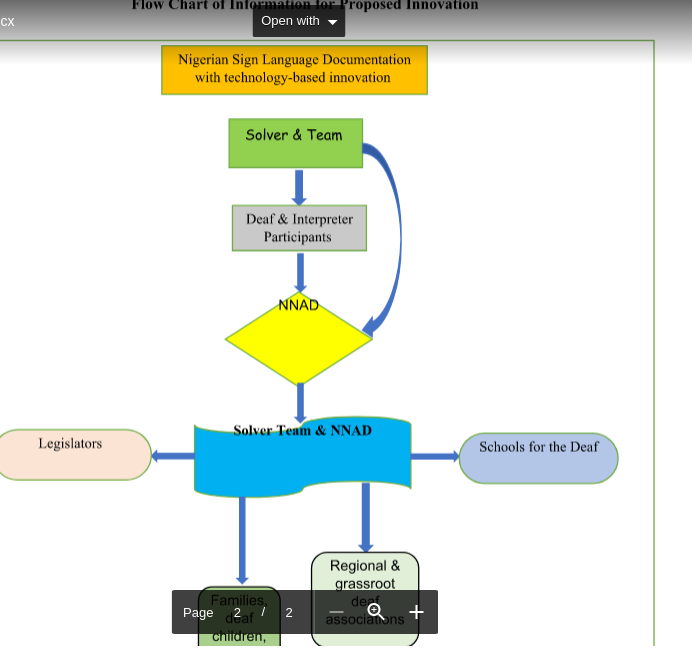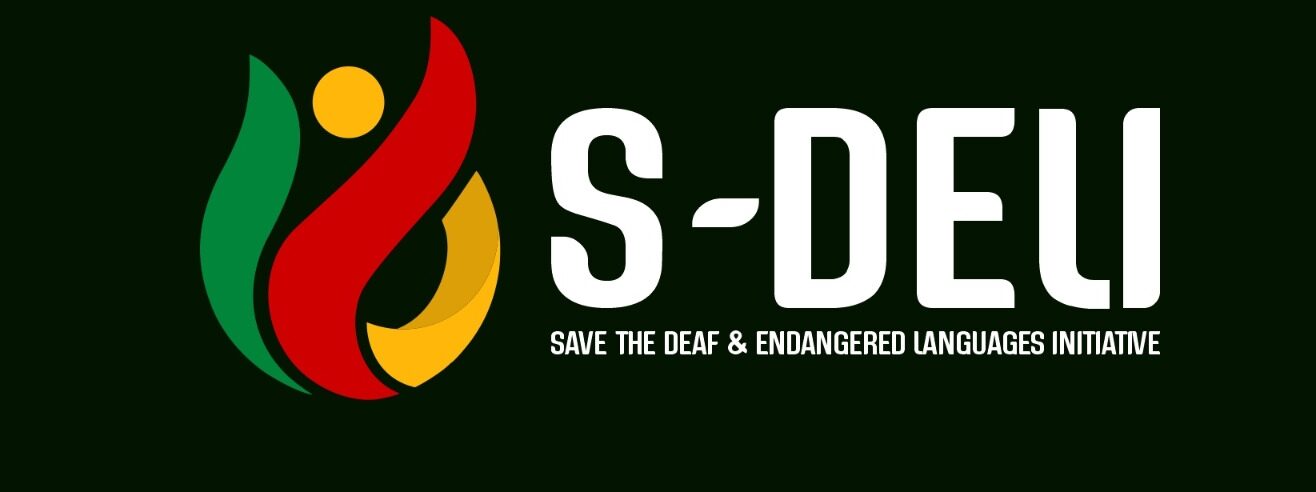The goal of this project is to produce a multimedia documentation, including a video app and smart book, of the lexical signs of the endangered Indigenous Nigerian Sign Language(s) (INSL). Lexical signs will focus on vocabulary from various aspects of Nigerian life and culture, such as family, food, cooking, farming, animals, etc. Due to the current corona virus outbreak, this project will incorporate the expressions used in the dissemination of Covid-19 pandemic information as we endeavor to carry the Deaf along in the knowledge of current affairs and help to keep them safe and healthy. The signs will be augmented with a collection of free social discourse between individuals who use INSL to communicate. This will serve as a guide for how the language works structurally, and how the INSL lexical items interact in phrasal and sentence formation.
In this project, we will video-record Indigenous Nigerian Sign Language used in different Nigerian Deaf communities, including but not limited to the Magajingari Sign Language (MgSL), that was documented in 2018.
Deaf signers of MgSL who live in Kaduna south in Kaduna state Nigeria are mostly indigenous Deaf signers with low education, while a few are educated and bilingual signers. We had the preliminary video recording of the signed language in 2018; we recorded over 30 Deaf signers of the over 300 community members. We adopted and adapted the modified Swadesh Wordlist version to record a corpus of indigenous signs, targeting up to 7600 words and expressions. We have been annotating the videos and the metadata for online upload and archiving.
We will create a user-friendly signed language app that will work in both large and small devices including personal computers, tablets, and smartphones, and we will upload several short videos on YouTube with open access. For distribution to deaf individuals, families, and deaf schools, especially in the rural areas with no internet, we will replicate the software app unto hundreds of regular SD cards for phones and tablets, burn several CD and DVD plates for Schools for the Deaf across the country, and Special Education Units of Ministries of Education.

We have collaborative relationships and ongoing sensitization forums with families, schools for the Deaf, Ministries of Education, and the Nigerian National Association of the Deaf (NNAD). We will leverage on the existing relationships with the above-mentioned stakeholders to intensify sensitization on the need to teach deaf children in their own indigenous signs. With our proposed Early Intervention Program in place, our deaf and hearing volunteers that can sign will work with families that have newly diagnosed deaf children to teach the deaf infants in the indigenous Sign Language. our volunteer team will ensure the distribution of the video app to all the Schools for the Deaf in the country. We are currently compiling a list of the schools for online publication.
In summary, this project will document lexical signs of the endangered Indigenous Nigerian Sign Language (INSL) across the Nigerian Deaf community to include Socio-cultural expressions – free discourse, Deaf proverbs and experiential stories will also be documented and will serve as a guide for understanding how INSL works structurally. We will also record deaf adults in other parts of the country who are found to use indigenous signed language. Similarly, we have been collecting name signs across the country

